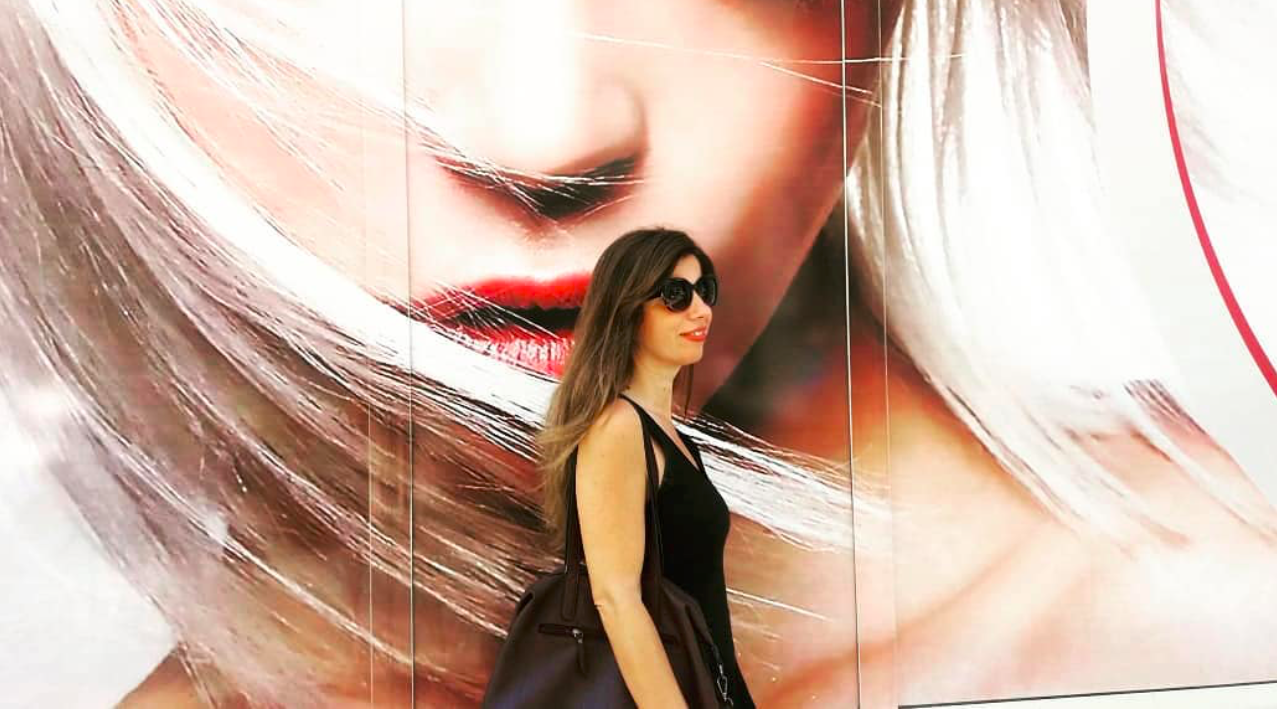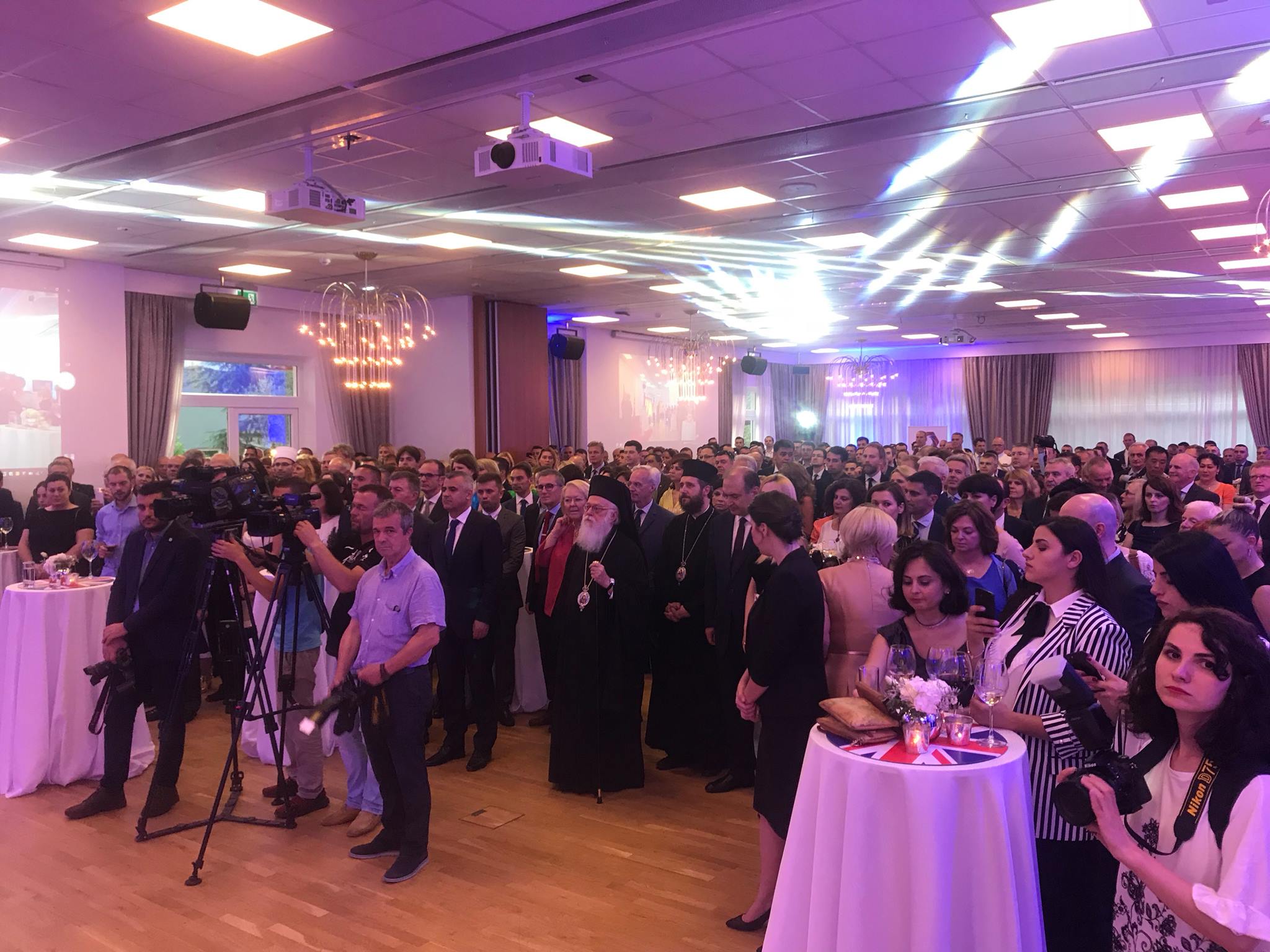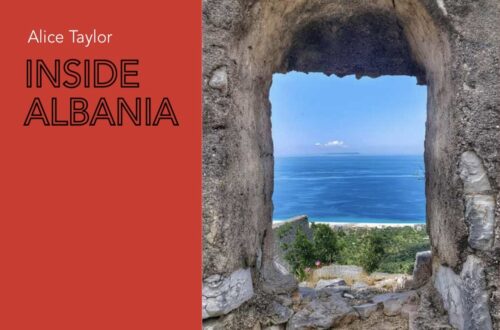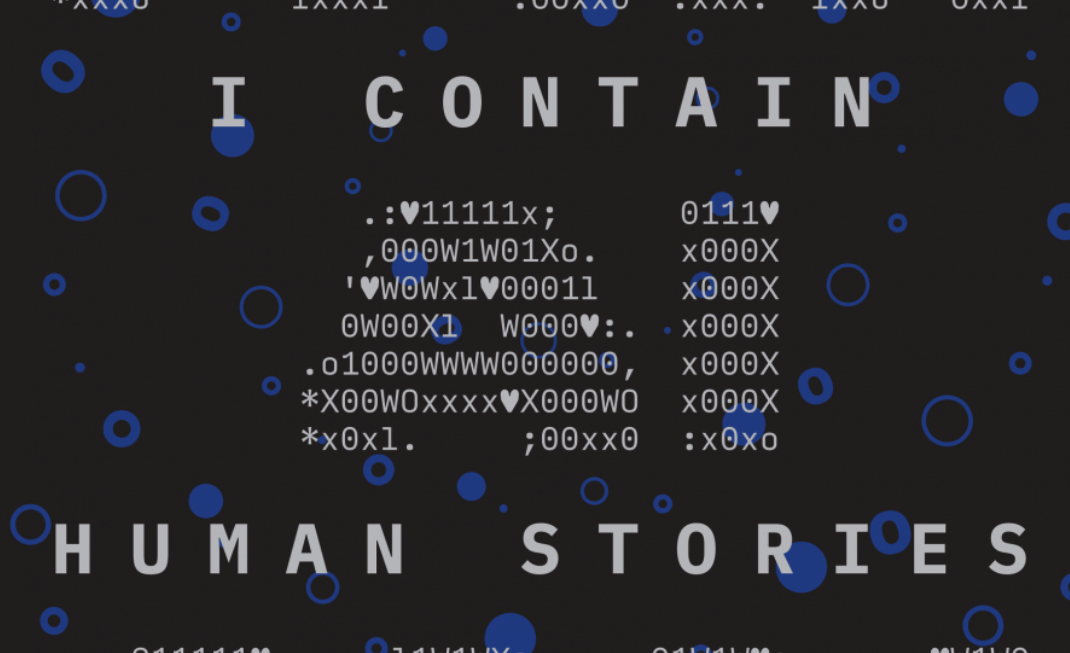Always on the lookout to find new books to read, particularly if they are by Albanian authors, I was thrilled to come across “Fluturim” or “Flight” (in English) by Albanian writer, Kleitia Vaso.
https://www.instagram.com/p/BkKrsNHHxLn7t8aHaKniuRdS5rH19ylMqacxo40/?taken-by=vkleitia
Kleitia was born in Tirana before going to live in the US where she studied for a Master’s in Comparative Literature from the University of Georgia. The daughter of Pirro Vaso, her father was an architect who was of the principal architects of the Skanderbeg Museum in Kruje, as well s the Pyramid of Tirana. Between June 2014 and October 2016, Kletia made several trips back to Tirana and during her time there, she wrote a series of essays and short stories. They seek to explore experiences gained in both countries, whilst also providing an insight into her mind and the perception she has of Albania. Kleitia then went to live in Poland where she continued to study for a Doctorate in Literature, Art, and Culture.
The book itself is written first in Albanian, and secondly in English. I like this as not only is it convenient for her readers, or those that are trying to learn Albanian (*raises hand*), but I also think it signifies the two halves of her upbringing- half in Albania, and half in English speaking America. I’m not sure if this was the intention, but it was the feeling I got.
The book comprises of 68 short essays, no more than a couple of pages long. Each explores a certain theme or idea- be it artistic, philosophical, or even just anecdotal. They tell tales of a new city adapting to change, yet intertwined with the memories the author had from her childhood. They explore the dichotomy of Albanian society and present challenging and thought-provoking ideas, whilst not straying far from the whimsical. For me, Kleitia writes in a way which makes it easy for me to see through her eyes- I can almost imagine the sights, smells, and idiosyncrasies of everyday Tirana life- mainly because I have noticed them myself. It is also her observations on matters of the heart and mind, the philosophies of being a woman, and her various other trains of thought that kept me gripped from one page to the next.
Sacred Rites
Life is a string of separations.
Tears, our inability to stay, in liquid form.
Our gifts, the tacit refusal to offer ourselves.
All sacred rites a string of symbols
replacing the undoing of ourselves.
That said, I felt there was an underlying sense of frustration and even sarcasm present in some of the work- it I almost as if the author has a slightly love/hate relationship with what her country of origin has become. Her commentary on both the urban and social landscape of the emerging nation is subtly scathing, yet humorous, desirous, yet sarcastic- it makes for a funny and interesting read.
Her observations are not just limited to the city and her memories of her younger years- there are essays about Turkey and Istanbul, relationships, and other seemingly random topics all thrown into the mix. One of my favourite passages is from the chapter “Love deserving of lions and rabbits”
“On the good days of a new relationship, one daydreams of the most complete version of oneself. the fulfilment of every real or imagined potential through the presence of another, the activation of each other’s most positive aspects. I use the term positive in an attempt to be modest and understated…actually, the dream is the awakening of each power felt as magical by one during these moments and perceived the same way by the other under the effects of the same spell. Then on bad days…sadness and dwindling energy stemming from the failure to fulfil the above-mentioned aspirations, a failure sadder than ay dissatisfaction or disillusionment that might come from actions of another person The inability to reach this fulfilment or transformation is the hardest aspect to observe in oneself or others.”
This book is definitely worth a read- whether you are an Albanian who has lived abroad or an expat coming to Tirana and insisting on comparing it to your previous home- it may help to put things into perspective. Vaso writes in a witty, engaging, and highly intelligent manner, meaning that not only does the book keep your attention, but you will remember parts of it as you walk around the streets of Tirana.
Follow The Balkanista!



